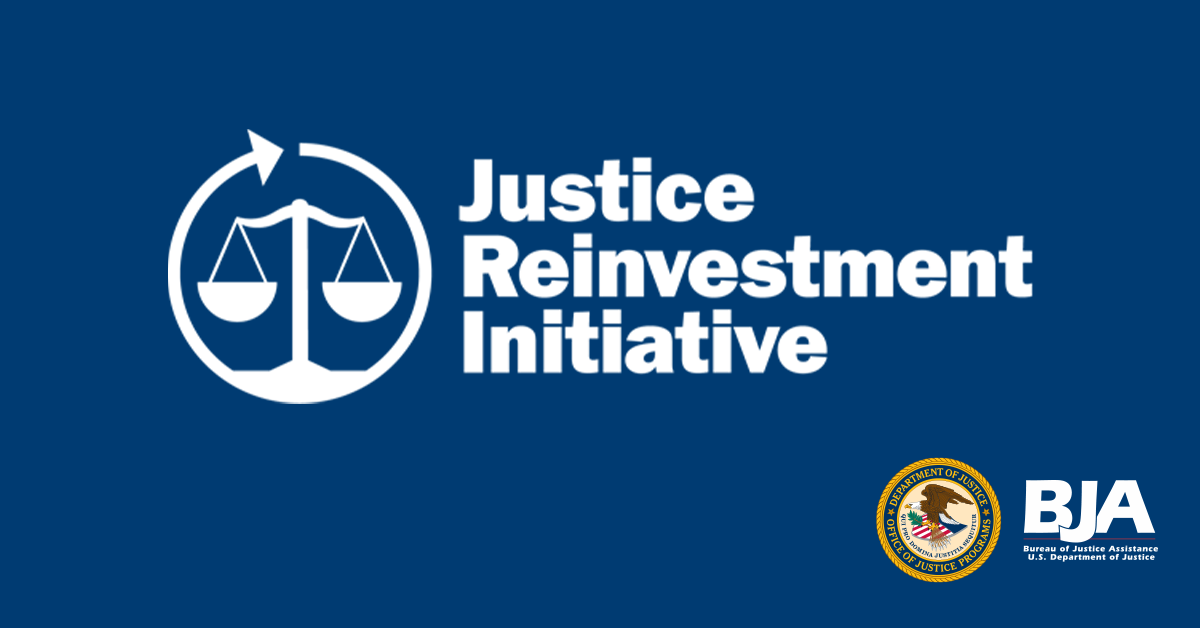The Refinery, an Opelousas, Louisiana-based program for men seeking successful transition to stable life in the community, was recently spotlighted as part of the Louisiana Department of Public Safety and Corrections (DPS&C) Return For Good initiative. The initiative raised awareness of efforts throughout the state of Louisiana and the country to support people directly impacted by the criminal justice system and the communities they will rejoin.
The Refinery was one of the first organizations participating in DPS&C’s Emergency and Transitional Housing program in 2019. Funding short-term and transitional housing for people under supervision in the community or recently released from custody who are at immediate risk of homelessness, the program is an outgrowth of Louisiana’s comprehensive 2017 justice reform package resulting from the state’s Justice Reinvestment Initiative (JRI). Funded by the Bureau of Justice Assistance, a component of the Department of Justice’s Office of Justice Programs, the Crime and Justice Institute has provided technical assistance and support to DPS&C’s implementation work, including improving reentry services.
Speaking on behalf of The Refinery was Steven Barnes, the mission’s program director. In addition to his role as program director, Barnes is one of The Refinery’s success stories. Originally from Dallas, Texas, he worked in home building and property management. Barnes explained he “crossed that line” and found himself homeless, smoking crack, and living under a bridge panhandling with no way to return to his old life. Through luck, he met someone in a treatment facility who in 2015 encouraged Barnes to move to Opelousas to attend The Refinery, then called The Opelousas Lighthouse Shelter.
Barnes is careful to make a distinction between The Refinery serving as a mission versus a shelter.
"If you say that I’m living in a shelter, that doesn’t do a whole lot for a person’s dignity, but when you say that I live in a mission, that gives you hope.” — Steven Barnes, program director
Residents come to The Refinery via different paths, including correctional facilities, rehabilitation programs, behavior health centers, or experiencing homelessness.
Housing up to 64 individuals and with a waiting list to join, The Refinery is more than just a name to Barnes. “That’s what we want to do. We want to refine these men to become productive members of society,” Barnes said.
To accomplish this, The Refinery reinforces structure, something residents often have never had or have not had for a long time. Barnes reflected, “Some of them don’t know how to fill out an application. Some of them don’t even have an ID or they lost their ID years ago and they have no desire to get another or never thought they would.” Residents learn life skills such as morning routines, chores, budget management, life and fatherhood skills, driving themselves and fellow residents to work, and receiving mail. Barnes notes, “I’m getting them reacquainted to how to live life on life’s terms.”
Residents living at The Refinery typically spend six to twelve months there depending on their needs. Some want to save money to buy a car. Others are cautious to make the next step and want to wait until they feel ready. The popularity of the program has led The Refinery to plan for expansion of the program. A new dormitory is forthcoming with transitional housing that allows more freedom while still serving as a structured part of the camp.
Learn More
See the JRI section of our site for information about the BJA program through which funding was provided.
Have a story to tell? Let us know.




